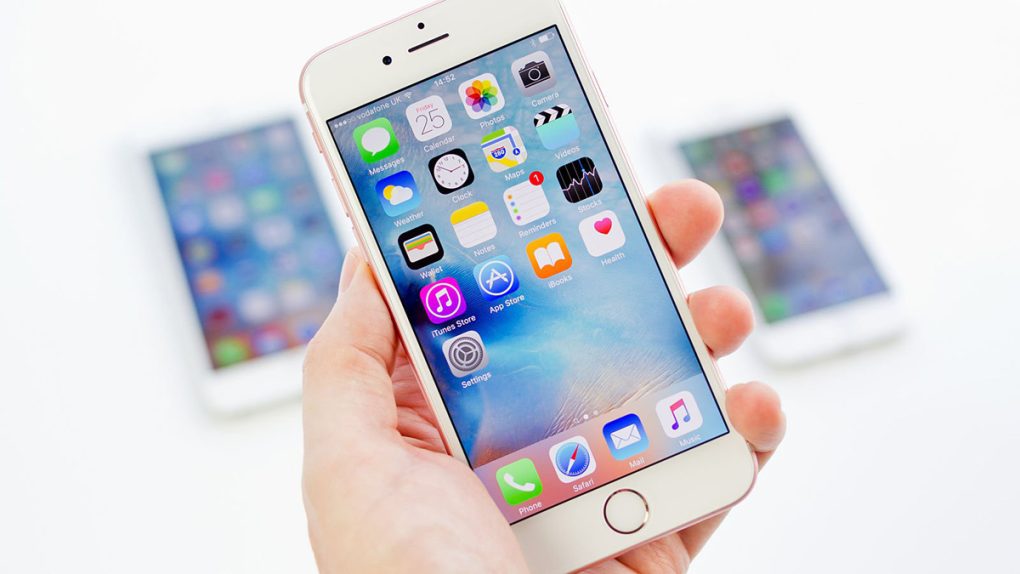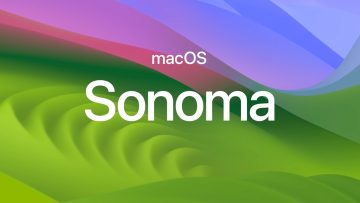Apple changed the world nine years ago when it released the first iPhone. It sounds hyperbolic but I assure you, the original iPhone quite literally reshaped the mobile industry. It also changed the way we access information and connect with each other. The giants of the industry at the time have now all but vanished. Android, which was being developed as a terrible BlackBerry copy, was reimagined and released as the platform we now know.
There have been plenty of retrospective pieces covering the iPhone to celebrate its nine-year anniversary, and some have been fairly interesting. But in light of all the negativity currently surrounding Apple’s next-generation iPhone, I thought it might be nice to look at some of the ways Apple’s mobile phone is still far better than its chief rival, Android.
MUST READ: The iPhone 7 nightmare
User Experience
Beginning with the most broad advantage the iPhone and iOS have over Android devices, Apple’s UX is still in a league of its own.
Google has taken tighter control of Android in recent years and we see “pure Android” shine through more and more with each new handset generation. This has had a huge positive impact on the overall Android user experience, which had for a long time been a muddled mess. Even pure Android can’t quite compare to iOS though, which offers levels of simplicity and fluidity that are unmatched.
Tight inter-device integration and proprietary services also add to the experience. Products like iMessage and FaceTime don’t just lock users in, they offer superior quality and consistency. Sharing content between iPhones is also a snap. And if you own multiple Apple devices like an iPhone, iPad and MacBook, Continuity features bring better and tighter integration than you’ll find anywhere else.
Apple controls the hardware and the software experiences so the company is able to offer a product that aligns perfectly with its vision. Rumors suggest Google may finally be working on its own phone, but the company has quite a bit of ground to make up before it can even approach the experience Apple has crafted.
Software Updates
I wrote just about everything there is to write on this matter earlier this year.
In a nutshell, the open source Android distribution model that led to the platform’s success is also one of its biggest disadvantages. Almost no Android users have access to new updates when they’re released. Instead, they have to wait months or longer before they gain access to the latest features and security updates. Many Android phones will never have access to new releases even after just a couple of years.
The most widely used version of Android in the world right now was released in 2014. And Android Lollipop’s market share (35.4%) is just a few points higher than KitKat (31.6%), which was released all the way back in 2013.
Security
Apple’s iOS security is an advantage in so many ways. From encryption to general policy, Apple has a very pro-consumer approach to the way it protects its devices and services. And then you have app development and distribution to consider, which are controlled much more tightly by Apple than they are by Google.
There is no question that Android apps have exciting capabilities you won’t be able to enjoy on an iPhone. But all that freedom brings serious risks. Scary new malware that targets the Android platform is discovered on a weekly basis at this point. Meanwhile, as security expert Graham Cluley pointed out in a recent post, iOS hasn’t ever had a major malware incident.
Third-Party Apps
It’s as true today as it was seven years ago when the App Store first launched: iOS apps are better than Android apps.
“Better” is subjective, so I’ll elaborate. Apple’s stricter guidelines for developers result in a far more consistent user experience across all iOS apps, first- and third-party. They look similar, they’re fast, they’re smooth, and they’re far more reliable than apps on rival platforms. As I’ve written before, the same app from the same top-tier developer will always offer a better experience on an iPhone than it does on an Android phone.
The third-party app ecosystem Apple has created is the main reason I can’t ditch the iPhone and switch to my favorite smartphone, which just happens to be an Android phone.
Customer Service and Support
Last but certainly not least is customer support, which is an area where Apple has no competition.
When you have a problem with your iPhone, Apple employees do everything they can to fix it. The best experience comes in Apple Stores, where friendly reps work with customers one-on-one to resolve any issues. And if an issue can’t be resolved, the customer walks away with a new iPhone that has already been filled with all of his or her data.
Apple’s phone support is nearly as impressive. In some ways, it’s even more impressive. Phone reps are friendly and patient, and they always do everything they can to resolve any issues and avoid having a device sent in for inspection. Often times you’ll even receive a follow-up call to ensure your issue was resolved and your device is still working properly.
Making a sale is the easy part and Apple knows it. After-sale service is yet another area where Apple shines far brighter than rivals, and it’s one of the main reasons iPhone buyers keep coming back.








